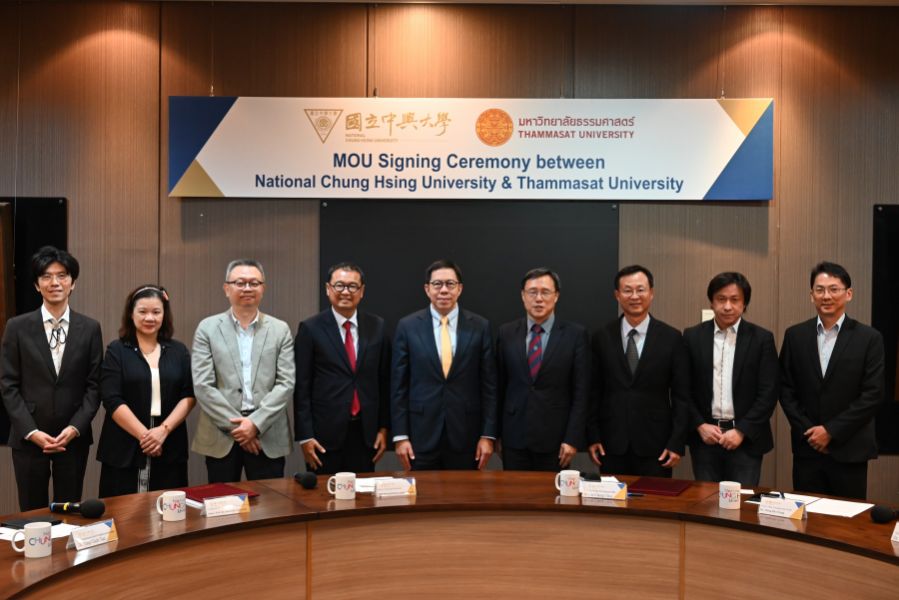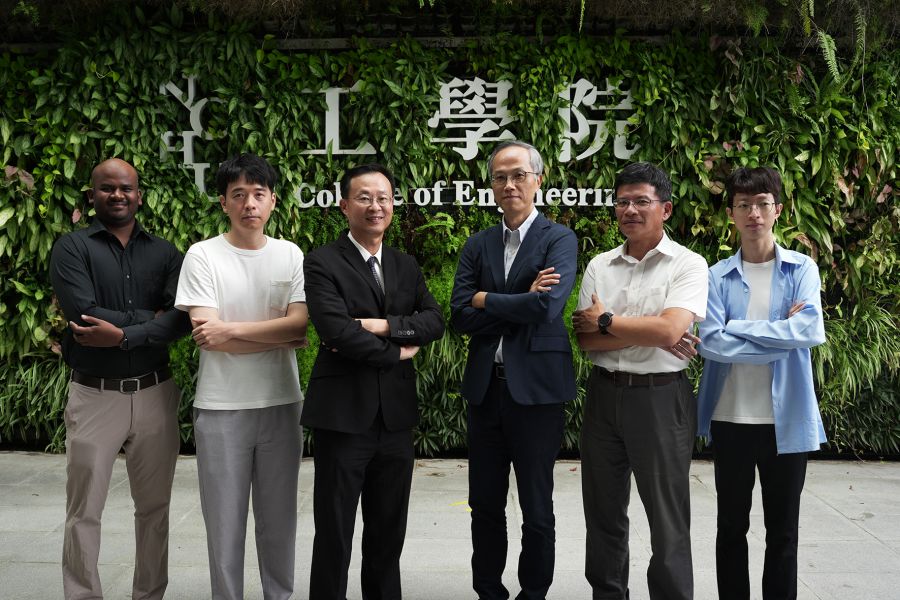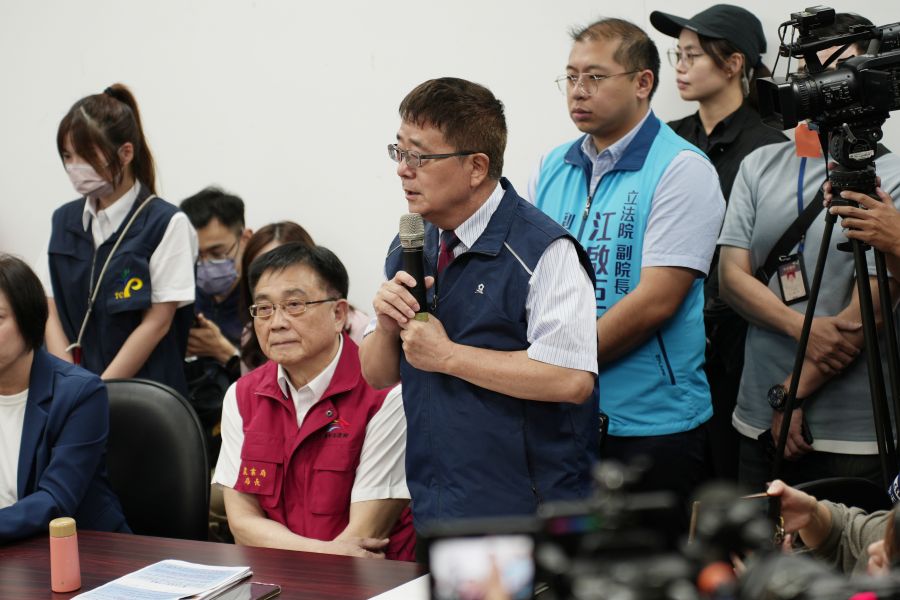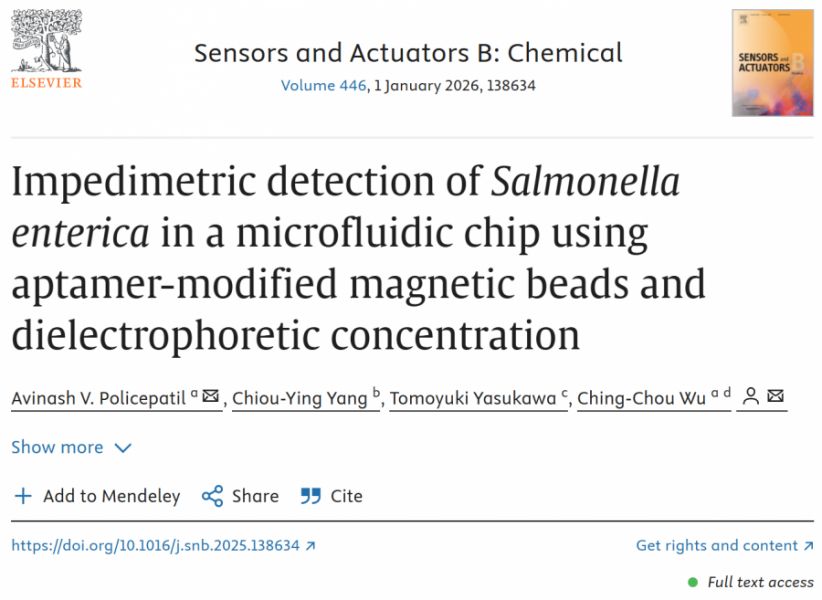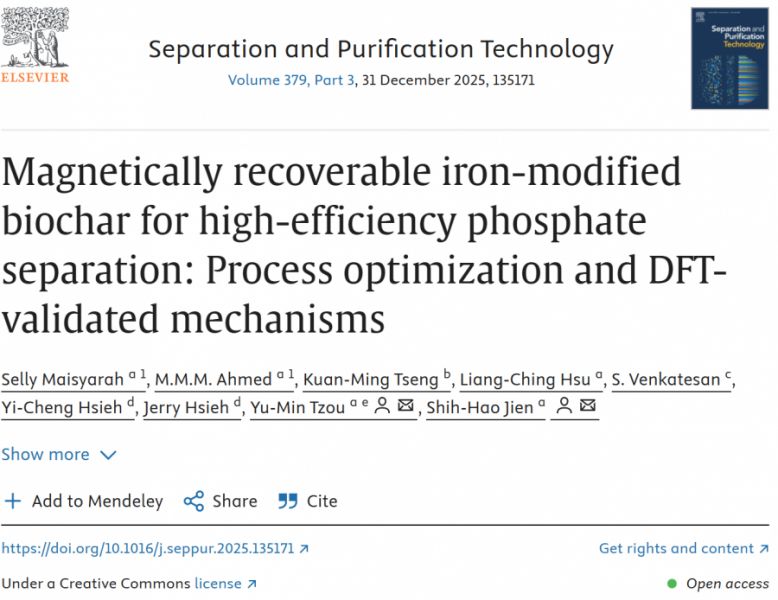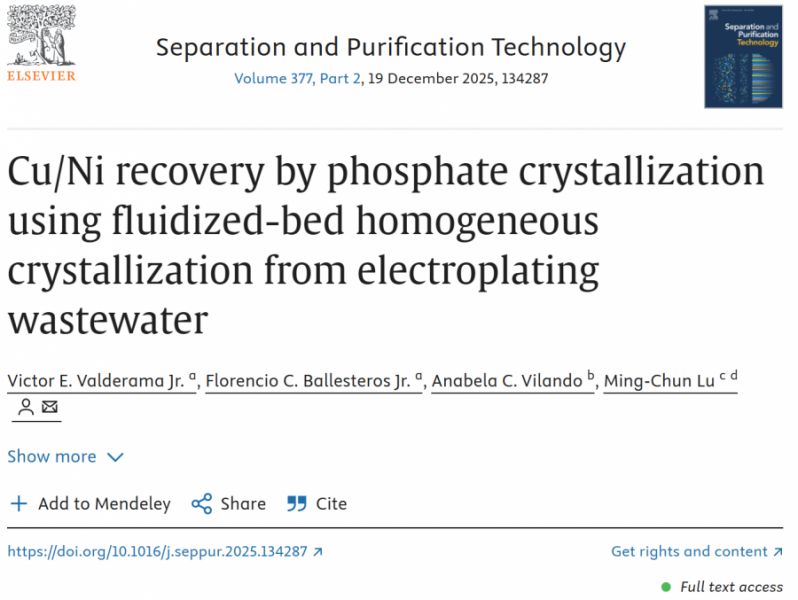The exhibition of the NCHU Museum of Natural History (“the Museum”) of the College of Life Sciences (“the College”), National Chung Hsing University (“NCHU”) opened lively on July 22, 2022, displaying animal and plant specimens collected by teachers and students of the Department of Life Sciences (“the Department”) for more than 60 years, as well as specimens donated by alumni of the Department of Life Sciences and folk taxidermists, to promote ecological education and conservation concept.
It took three years to prepare the Museum. As Chuan-Mu Chen, Dean of the College, said, the Department of Life Sciences originated from and was set up by integration of the Department of Botany established in 1956 and the Department of Zoology founded in 1994. After years of hard work, teachers and students have accumulated quite abundant and huge specimens, including all kinds of plant seeds, vertebrate and invertebrate specimens, which are very important resources in teaching and research. National Chung Hsing University is also one of the few domestic universities with a complete museum of specimens in the field of life sciences.
Among the specimens exhibited currently, in addition to the existing specimens in the College, the distinguished NCHU alumnus, Professor Chia-Wei Li who currently teaches in National Tsing Hua University, also provided many characteristic plant exhibits. Besides, Professor Timothy D. Huang, an internationally renowned dinosaur fossil scholar and visiting professor of the College of Life Sciences, NCHU, even more offered biological specimen of 200-million-year-old dinosaur embryo fossil. Moreover, Ta-Chih Chen, a taxidermist in Puli, Nantou, assisted in tanning crocodile skins and making the specimens of goat bones and furs, providing specimens of leopard cat and crested serpent eagle that have been collected by him for many years.
Teacher Ren-Chung Cheng from the Department of Life Sciences, NCHU assisted in production of the Asian elephant Malan’s nose exhibit and the specimens of spiders distributed all over Taiwan. Teacher Ming-Feng Chuang cooperated with the Endemic Species Research Institute to display Taiwan’s endemic bird specimens. Teacher Chuan-Wen Ho(何瓊紋) produced preserved specimen of giant squid, the second largest in Taiwan, and teacher Chiou-Rong Sheue provided specimens of flowers and vines, all of which made the museum more vital.
As Hsi-Te Shih, Director of the Research Center for Global Change Biology at National Chung Hsing University, said, the Museum is also a practice place for training students in interpretive education. The College has offered a “Museum and Biodiversity” course. In addition to introducing the biodiversity of various groups, professionals in specimen production and display design are invited to teach the course, as well as specimen collection and production. In terms of interpretation training, the College cooperates with Science Education Department of National Museum of Natural Science, the professional interpreters demonstrate, the students conduct simulated interpretation, and the students can serve as interpreters and guides of the Museum in the future.


Repost Link: https://www2.nchu.edu.tw/en-news-detail/id/609


